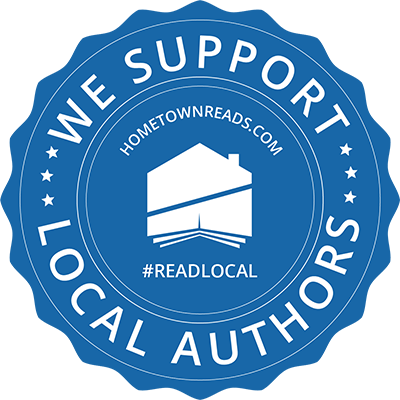E. Tip of the Day: Proofread your story for more than just typos. Look for inconsistencies and convenient placement of objects and actions. Convenient placements and inconsistencies in the plot can push the suspension of disbelief or even pull your reader out of the story.
Here’s an example:
Consistency:
End of Chapter 1:
Before going to bed, Brenda realized she didn’t have coffee for the morning and George was planning to be over early.
Beginning of Chapter 2:
The next morning, Brenda woke up to the smell of coffee.
“Good morning,” George said. “I made coffee. Would you like a cup?” he asked coming into the bedroom. “I found some in the cabinet.”
As an editor my comment would be: How did George find coffee in the cabinet when Brenda was positive the night before she didn’t have any? Please clarify.
Even little errors like this could bother your reader. For this story, having or not having coffee might not be a big deal. But it could be. It could make the reader think Brenda was under too much stress to remember what was in her kitchen cabinets. It could also pull the reader out of the story to think: “So, if this isn’t consistent in the story–a little detail like whether she has coffee or not–what else isn’t consistent? Should I even waste my time reading this book?”
And that’s something no writer ever wants the reader to feel–that their book is not worth the time to read. Because your book is worth it, you just need to take time to read your novel and make sure even the little inconsistencies within the story are clarified.
Convenience: Placing an object or action somewhere without any foreshadowing.
“Good morning,” George said. “I made coffee. Would you like a cup?” he asked coming into the bedroom. “I found some in the back of the cabinet.”
“Thanks.” Brenda said.
Let’s just use this line of dialogue and forget about the thought Brenda had about not having coffee the night before. Let’s say it’s never been mentioned at all what she drinks at home. For all we know she may drink vodka for breakfast. The reader has no idea.
As an editor my comment could be: That Brenda drinks coffee for breakfast should be mentioned sooner. Otherwise it feels like it’s conveniently placed to have it here. George conveniently found the coffee in the cabinet. Sometimes things that are convenient can push the suspension of disbelief for the reader. It’s important for the writer to be aware of this.
A better example for a mystery novel might be: She pulled the gun out of the drawer and pointed it at the intruder.
If the gun had never been looked or mentioned in the previous chapters, that would be a convenient placement.
It’s impossible to foreshadow every little detail, so as a writer you have to pick your battles and go with your gut on the important issues. The characters wear clothing, have a home, etc.
When editing, if I get a feeling that something doesn’t feel right, I’ll let the author know. It’s important to me as an editor to tell the author what feels odd or awkward or convenient so they’re aware of how the reader may react to that part of the story.
If you have specific questions on a scene in your novel that may have either too many inconsistencies or convenient placements, we’d be happy to take a look and let you know what we find.



